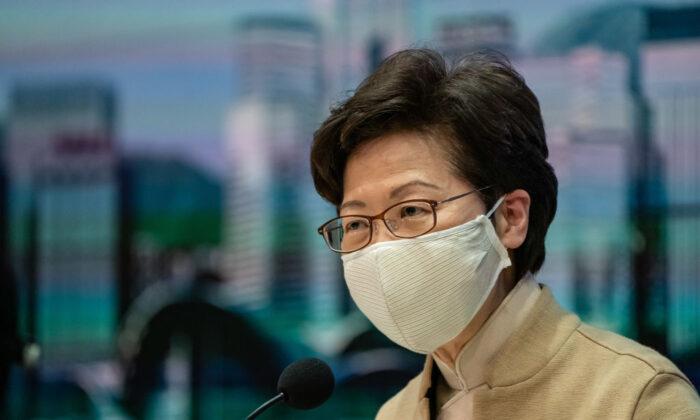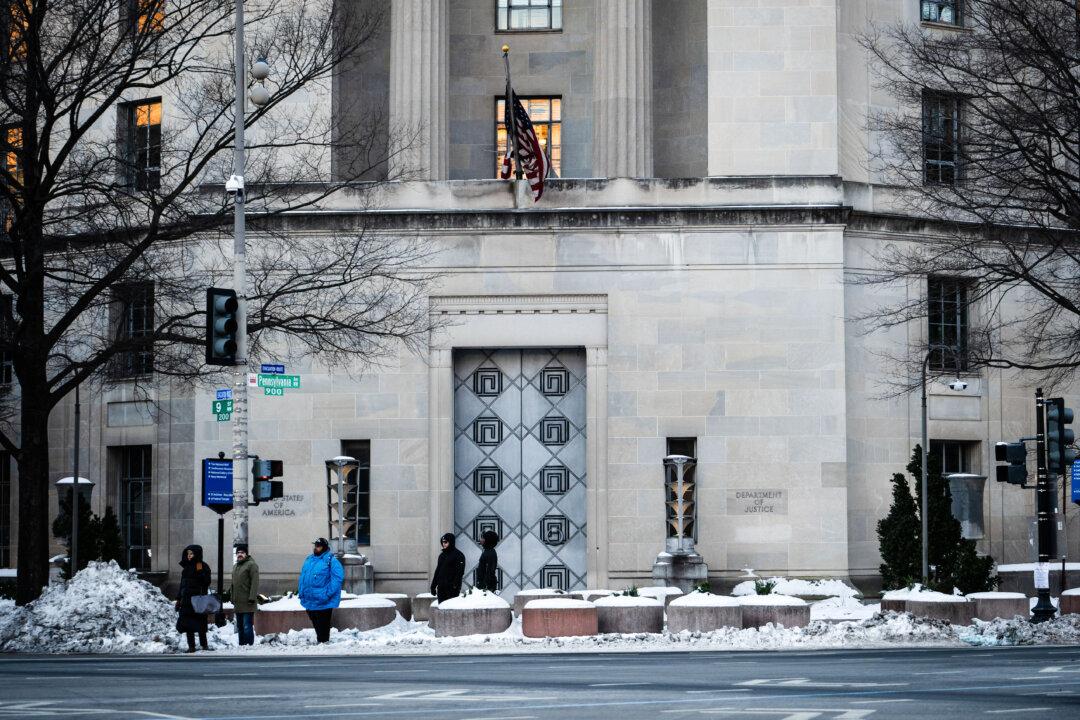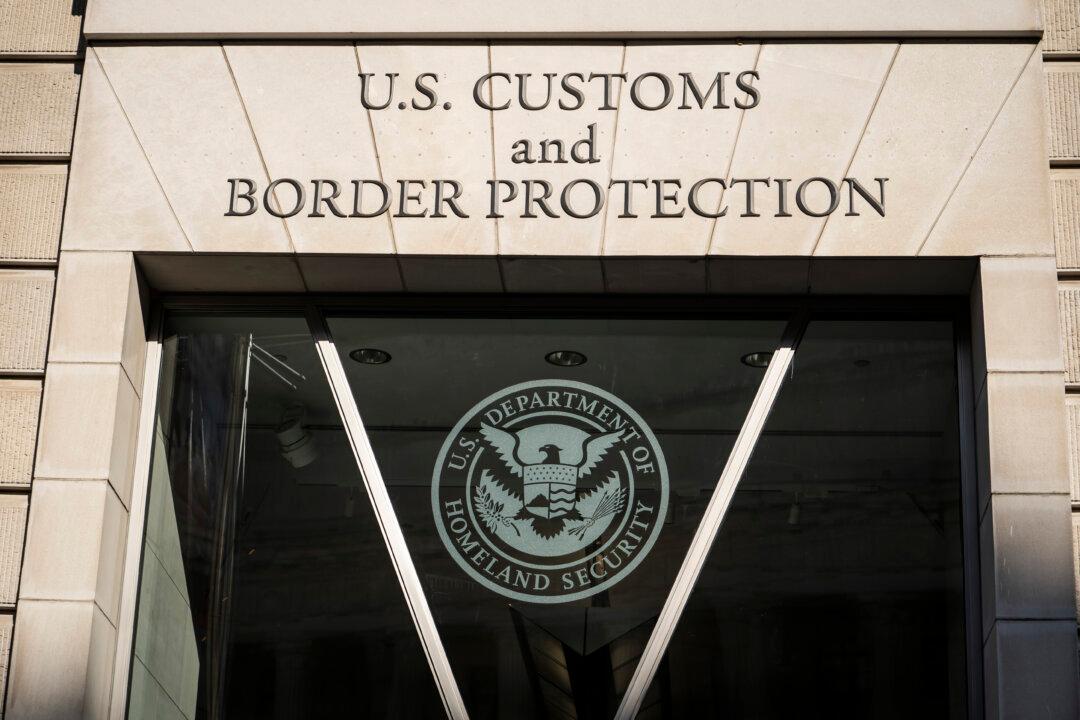Hong Kong leader Carrie Lam recently said she keeps “piles of cash” at home because banks have refused to provide services to her after she was hit with U.S. sanctions.
She said: “I’m using cash every day. I have piles of cash at home—the government is paying me cash for my salary because I don’t have a bank account.”
Also during the interview, Lam said it was “an honor” to be sanctioned by the U.S. government.
Lam’s remarks weren’t the first time she described the effects of U.S. sanctions on her. In mid-August, Lam told China’s state-run media CGTN that she faced “a little bit of inconvenience” because her use of credit cards was “hampered” by U.S. sanctions.
Lam’s inability to have a bank account with mainland Chinese banks is in part due to the fact that most of the world’s financial transactions between banks go through the Belgium-based SWIFT system, which is dominated by the U.S. dollar. Chinese banks thus run the risk of being cut off from global financial markets if they fail to comply with U.S. sanctions and continue to provide services to sanctioned individuals.
SWIFT, short for Society for Worldwide Interbank Financial Telecommunications, is a messaging network that allows banks and other financial institutes to make quick and secure transactions, including money transfers.
In August, Bloomberg reported that some China state-run banks were taking steps to comply with U.S. sanctions on the 11 Hong Kong and Chinese officials, with one unnamed bank having already suspended its account activity with them.
The Chinese regime and the United Kingdom signed the Sino–British Joint Declaration in 1984, which paved the way for Hong Kong’s handover back to China in 1997.
Under the treaty, the Chinese Communist Party pledged that for at least 50 years after 1997, Hongkongers would enjoy autonomy and freedoms not granted to those in mainland China under a model known as “one country, two systems.”





